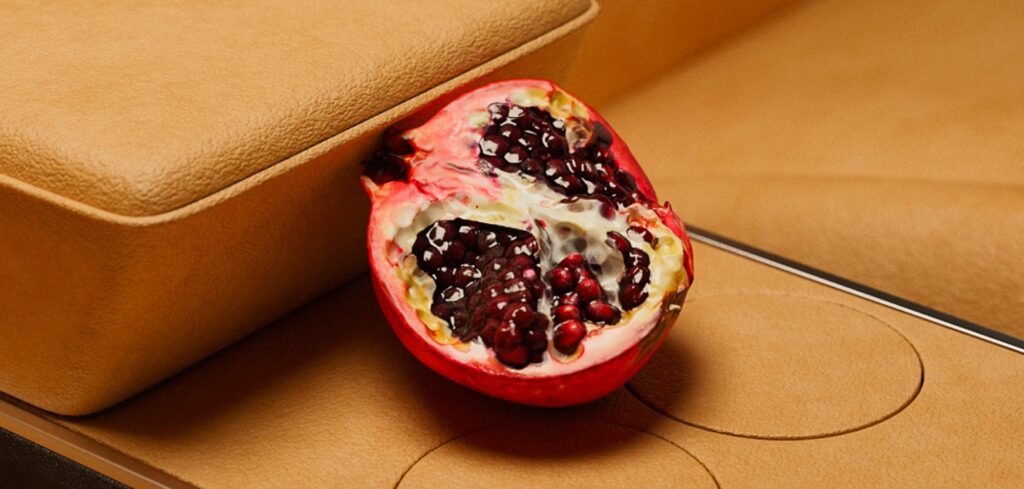Polybion, a Mexican company that grows biomaterials for industrial applications, is set to scale up production at its bacterial cellulose facility after closing a US$4.4m Series A funding round led by Blue Horizon. At maximum capacity, the company’s solar-powered manufacturing facility, the world’s first bacterial cellulose bio-manufacturing facility, will produce 1,100,000ft2 per annum of the company’s proprietary biotextile, Celium.
“Scaling the production of Celium, a sustainable alternative to animal-based textiles and petroleum-derived synthetics, is a huge step on Polybion’s mission to bring performance and possibility to 21st-century designers and materials engineers,” said Axel Gómez-Ortigoza, co-founder and chief executive officer, Polybion. “We are excited to partner with Blue Horizon, as we share a common vision on accelerating sustainability and the circular economy. In addition, having Blue Horizon as a partner allows us to scale new initiatives to build our brand and network.”
Polybion was founded in 2015 by Mexican brothers Axel and Alexis Gómez-Ortigoza and Bárbara González Rolón. Together, they developed the tools and technology to grow high-performance bio-assembled materials by upcycling agro-industrial food waste and harnessing living organisms such as bacteria. Leveraging waste as raw material and designing, producing and finishing products under the same roof are the north stars in Polybion’s long-term strategy.
Celium is the first in a series of new biomaterials Polybion plans to create. Produced from the most abundant and versatile material on Earth – cellulose – it is an animal-free leather substitute, said to have high-performance characteristics, making it suitable for a range of uses including automotive applications.



